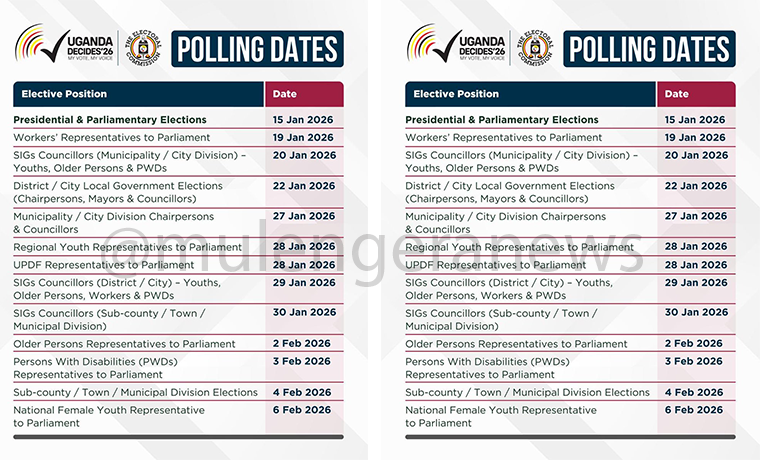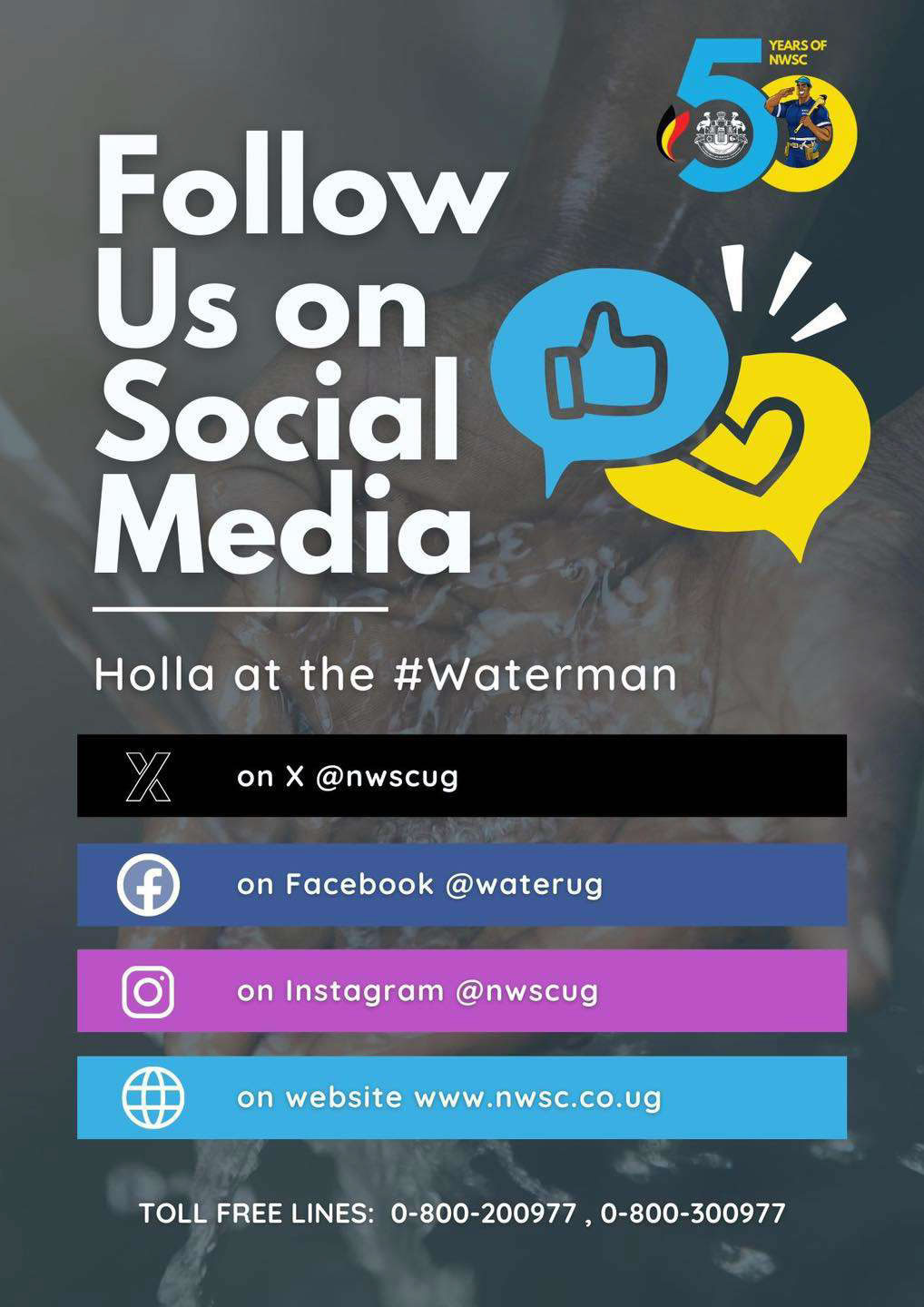By Our Reporters
In refuge operations, there is a category of beneficiaries that choose to receive the relief assistance from UNHCR, WFP and their other implementing partners in cash form as opposed to food and other physical items. And this is perfectly in order; there is absolutely nothing wrong operating that way. And being one of Uganda’s largest banks with a vast reach out network (41 branches, 9 mobile vans/bank on wheels & over 90 ATM locations) across the country, PostBank was contracted to facilitate these regular payments to the beneficiary refugees. This is done in the different parts of the country as there isn’t a single corner of Uganda without Postbank’s presence in one way or another. The total number of refugees benefiting through this Postbank arrangement is approximating 400,000 including the 341,590 that are catered for directly by the World Food Program (WFP) and another 14,775 refugees in West Nile under the care of the Danish Refugee Council (DRC). There are other groups of refugees served under this PostBank/UNHCR partnership and these are in Karamoja and Kyegegwa respectively under the care of implementing partners World Vision and Samaritan Purse. Famous for its high ethical practices and commitment to adhere to all its responsibilities as a corporate citizen, PostBank delivers similar payments under partnerships with entities like the Gender Ministry whose 158,000 elderly citizens benefiting under the SAGE project also access their monthly grants through the PostBank network across the country. Using the same experience, built over the years, the same bank handles monthly payments to 15,246 tobacco farmers in Bunyoro entitled to receive monthly payments from Alliance One Tobacco Uganda. These are long term investments that many other banks are reluctant to undertake because the financial/economic benefits for the financial institution are long term.
GOING DIGITAL:
Riding on the experience built over the years serving these same low income earning communities, PostBank has developed a technology solution aimed at digitalizing this payment system. According Manager Corporate Affairs Jackie Kwesiga, the latest innovative IT solution is for the benefit of all stakeholders (the implementing partners & the refugee beneficiaries) by eliminating possibilities of ghost beneficiaries or anybody unlawfully accessing the beneficiaries’ money by manipulating or gaining unauthorized access to their four digit Personal Identification Number (PIN). By automatically identifying and blocking would-be ghost beneficiaries and eliminating possible infiltration of the system by criminal elements in society, the prepaid card payment solution will enhance integrity of the entire payment system. The electronic card-based payment solution was launched on Friday in Kiryandongo where State Refugee Minister Musa Ecweru, flanked by PostBank MD Stephen Mukweli, unveiled it to the excited gathering. In his speech, Mukweli described the new solution as “secure, convenient and comprising of multi-wallet capabilities including the program and savings wallets.” The solution was also praised for its capability to “identify and decline all duplicate allocations in the beneficiary entitlement file by flagging them off as exceptions requiring re-assessment.” Under the new system, the beneficiaries won’t require PIN number to access their funds as all that will be used now are the finger print impressions and Mukweli said this is something to be proud of because, unlike the PIN numbers, finger prints impressions can’t be compromised by criminal-minded individuals. He also promised maximum transparency in all the funds’ transfers under the new system stressing that transparency, integrity and responsiveness is the trade mark for which PostBank is renowned. A visibly elated Ecweru, who has lately been at the forefront of fighting fraud in the refugee management, said the innovation couldn’t have come at a better time. “And to us this part of the broader efforts to ensure the integrity of our refugee management systems,” Ecweru said. Asked to explain how the new technology works, Jackie Kwesiga said: “For the first time beneficiary, the bank will capture one’s details and enroll him on the prepaid card system. He/she will thereafter be issued with a card on which the money that is due to him/her will be loaded and be readily available to him/her. For the same beneficiary’s subsequent [next] payment cycle, Postbank will receive a file from the donor [could be WFP, DRC, World Vision etc] authorizing us to load cash on the same card for the enjoyment of the same beneficiary.” Kwesiga says that, once the money is his/her possession as reflected on the card, the beneficiary will then decide whether to save or spend it depending on the situation facing him/her. All beneficiaries (payees) under the different social support payment programs that the PostBank implements on behalf of its partners will be eligible to use the new system. See more in photos taken at the launching ceremony in Kiryandongo!


































